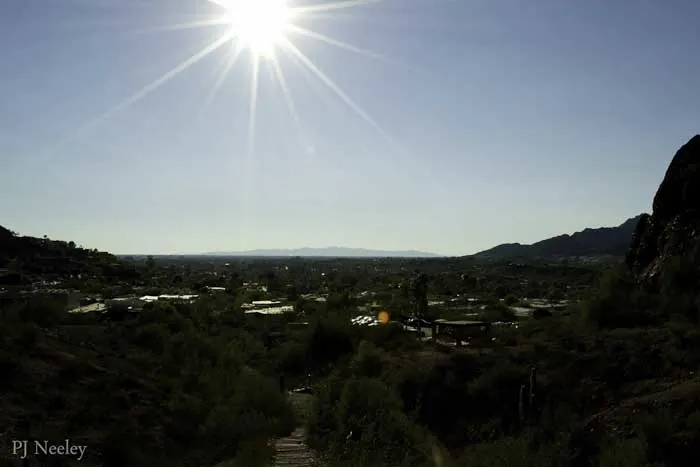Another state, this time AZ, has allowed a board of regulators to rule on issues that directly impact the solar industry and solar customers across the state. In AZ regulators have decided to reduce the payments to those who utilize solar and return energy to the grid. This payment is often a big incentive for residents to start moving off grid, or at least moving towards solar with grid connectivity, and helps them recoup their investment in less time.
While the states already charge a flat fee for those leasing solar power to begin with, they are still making the claim that customers who are not using the traditional grid are not paying their fair share of maintenance costs.
One has to wonder what the real motivation is behind this concerning trend, and often those who make these rulings, or support initiatives on various state ballots, have some pretty big ties to the fossil fuel industry.
To argue that it has to do with maintenance costs when many residential solar customers are effectively providing power to the grid instead of removing it and are not part of the overall system seems to be intended to anger customers who are still fully dependent on the grid and get them believing any shortcomings are somehow the responsibility of their neighbors who decided to invest in solar technology.
A similar move in Nevada earlier in 2016 has seen some backlash but it has also severely slowed down their solar industry. Many of these policies claim to be about “choice” but the result is the effective removal of any real choice that could help people break free, even partially, from the local utility companies.
I think it is time to stop playing politics with technology and science. To rail against subsidizing renewable energy while still providing billions in subsidies to the fossil fuel industry and even more on the state and local level, including to various utility companies, essentially makes the arguments about “letting the market decide” nothing but empty rhetoric.
States that have some of the most days of sunshine are the ones being targeted the most with these various initiatives and policies, that hardly seems like a coincidence to me.

